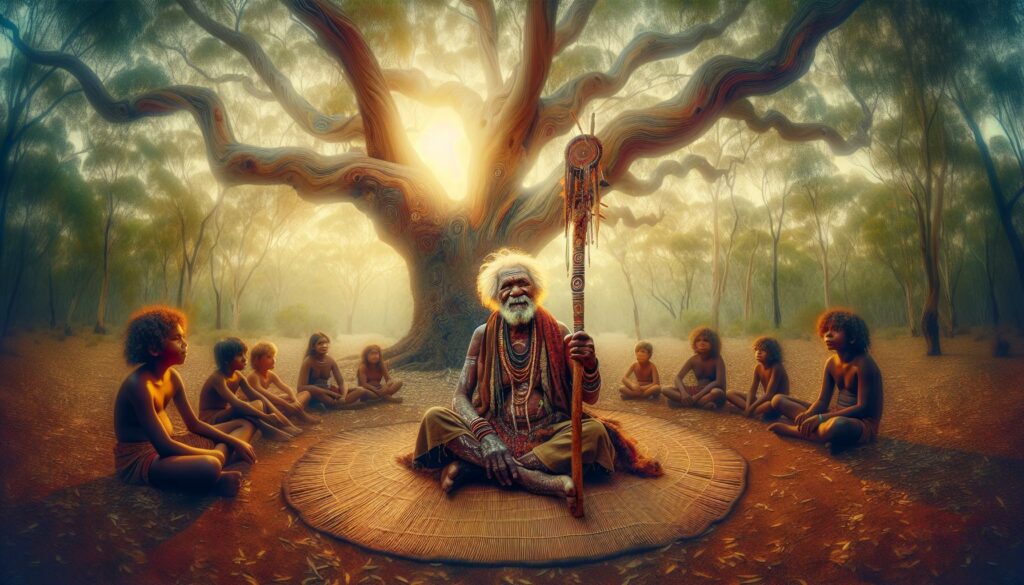I’ve always been intrigued by the pivotal role Elders play in Aboriginal folklore. These revered individuals are the keepers of tradition, ensuring that stories, customs, and wisdom are passed down through generations. Their guidance shapes the cultural identity and continuity of their communities.
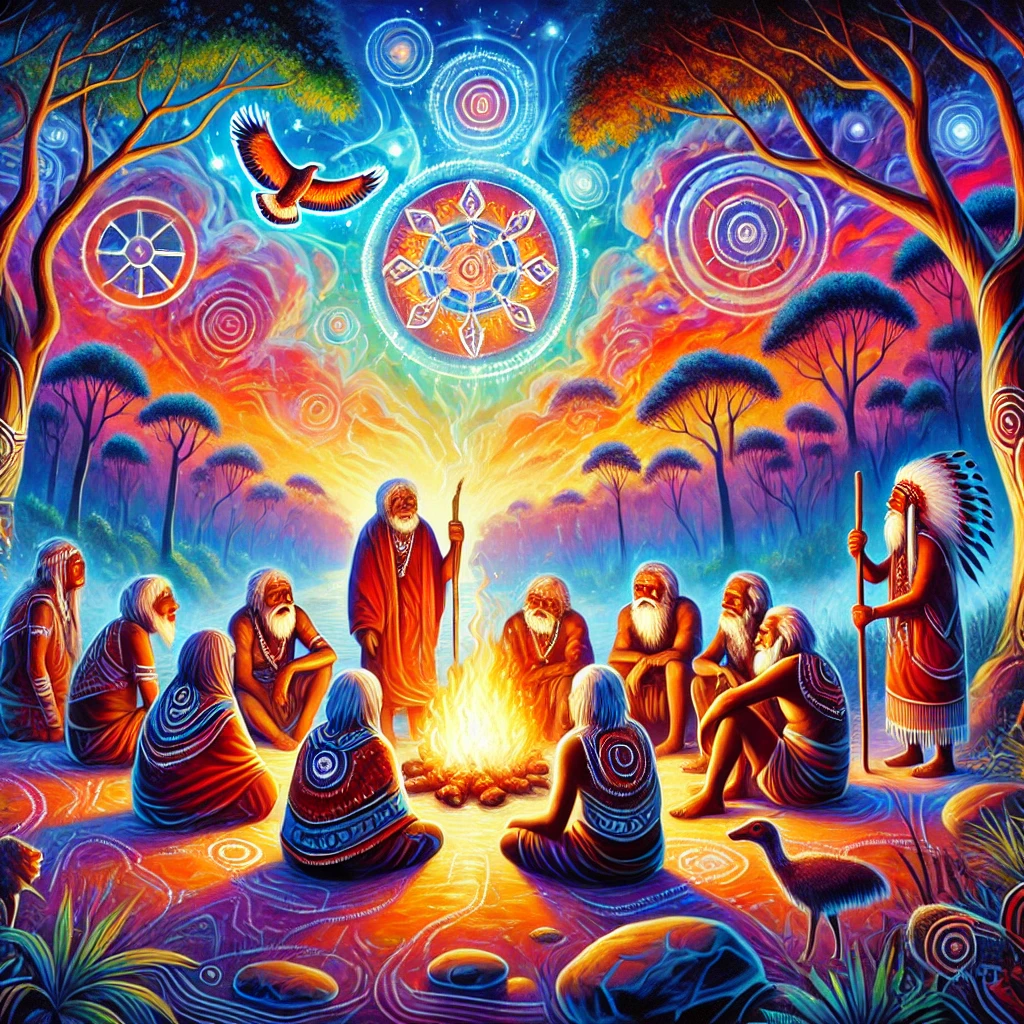
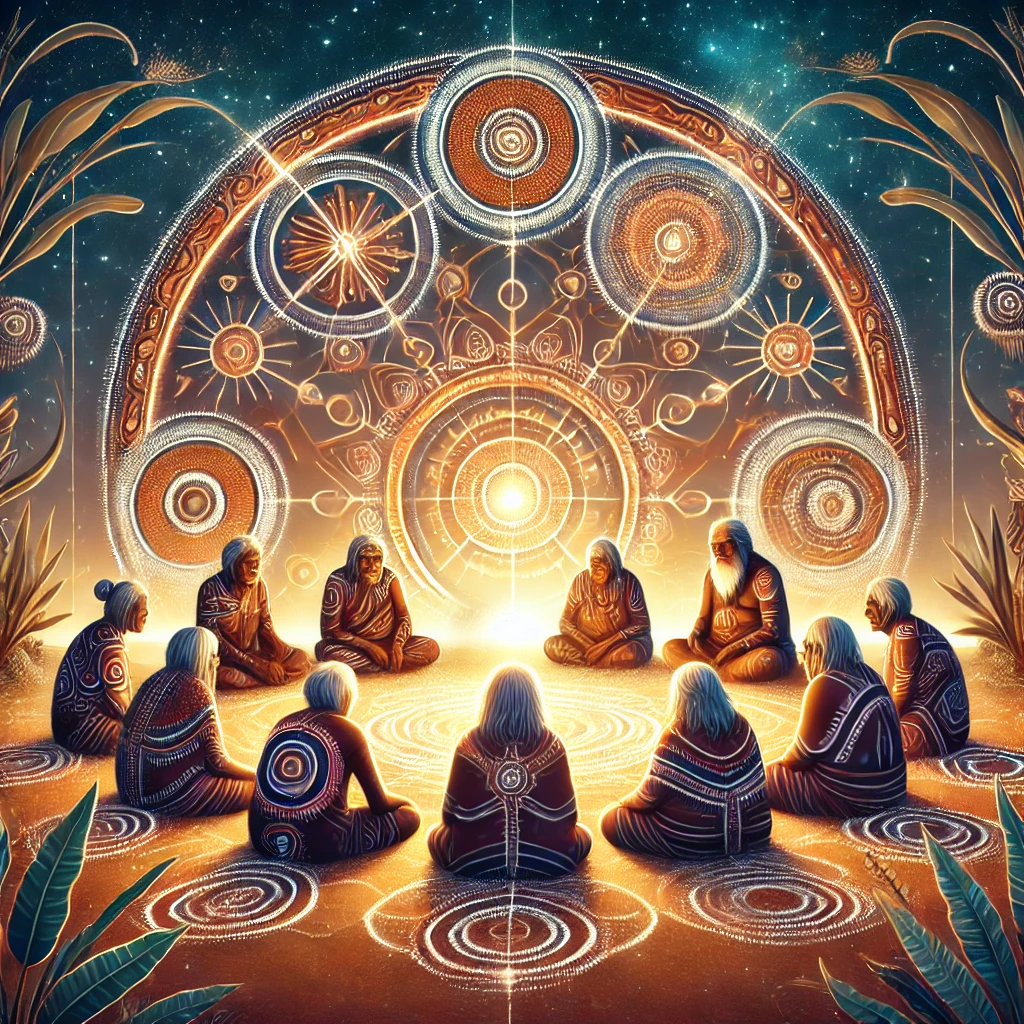
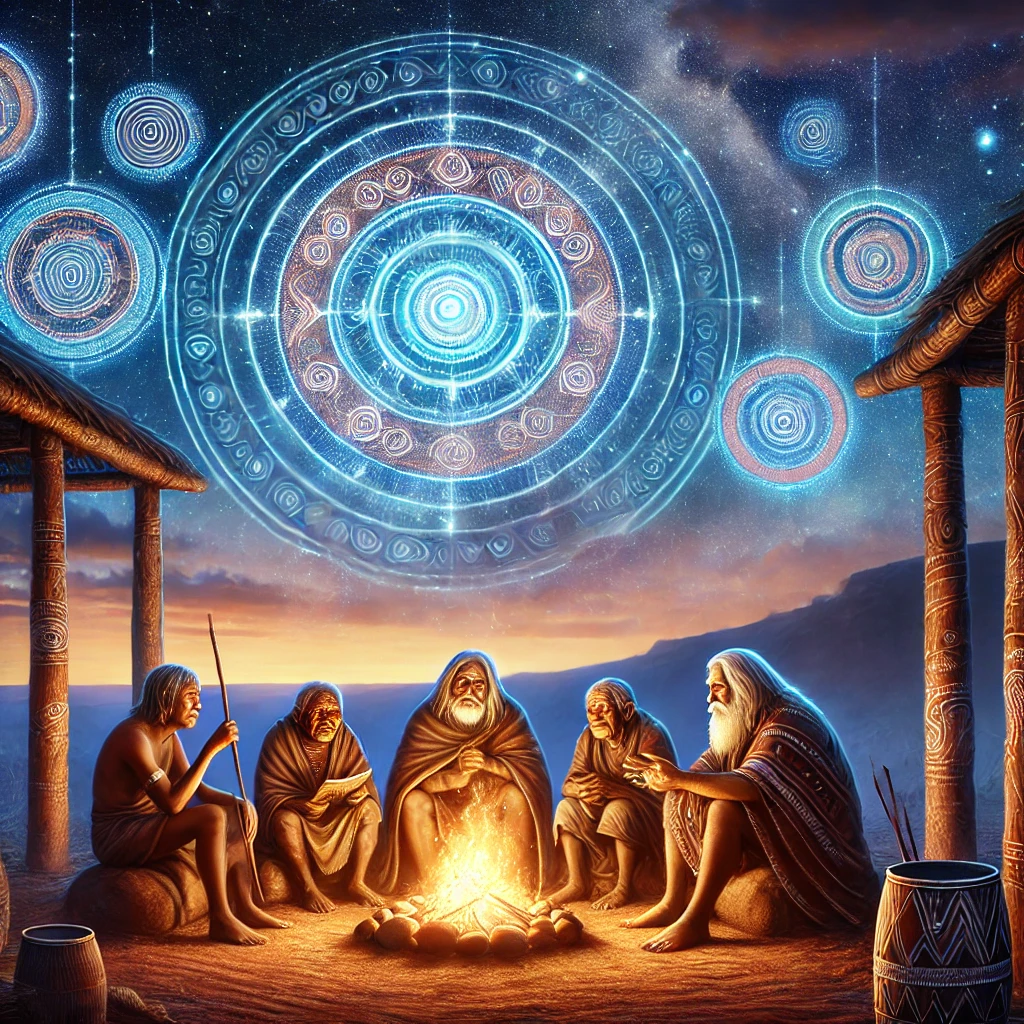
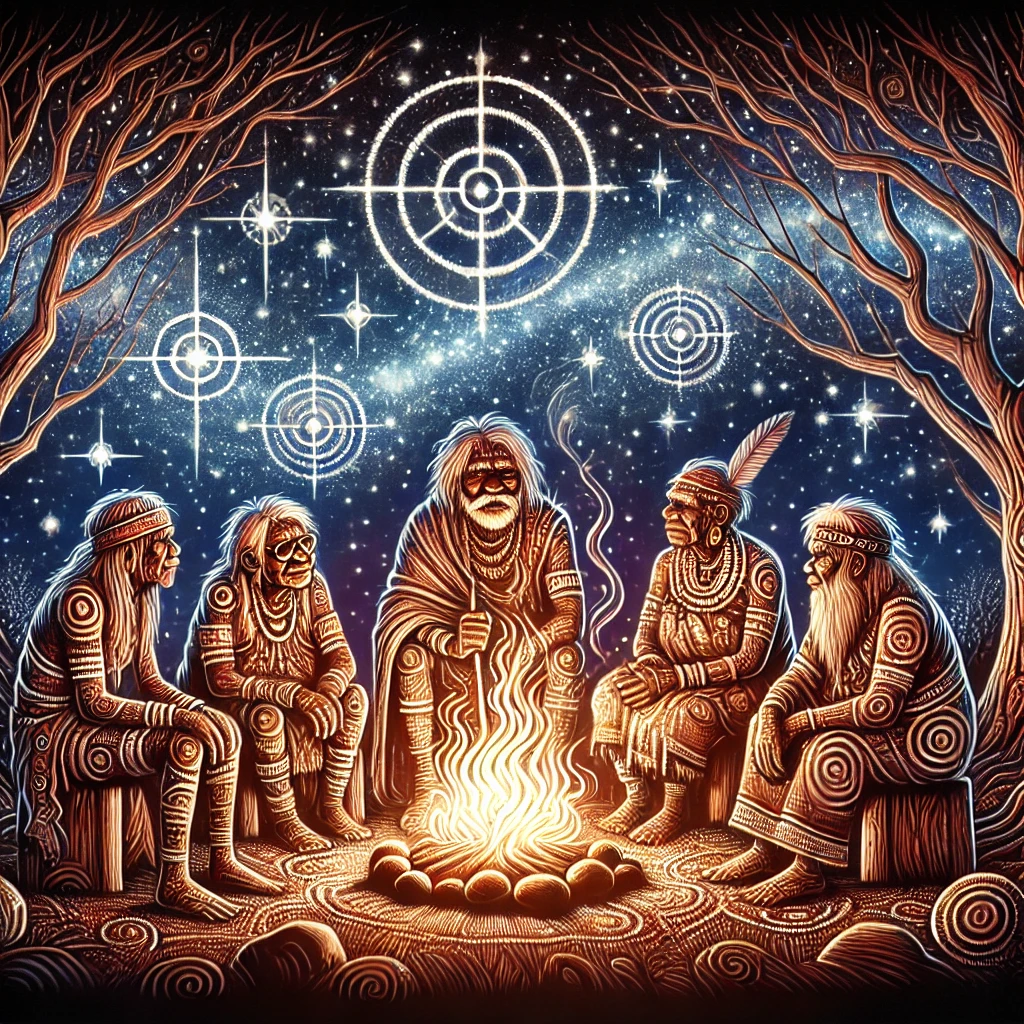
In Aboriginal folklore, Elders are more than just storytellers; they are the pillars of knowledge and spiritual leaders. Understanding who Elders are unveils the profound respect and responsibility they hold in preserving heritage. Delving into their significance offers a deeper appreciation of the rich and diverse Aboriginal cultures that thrive today.
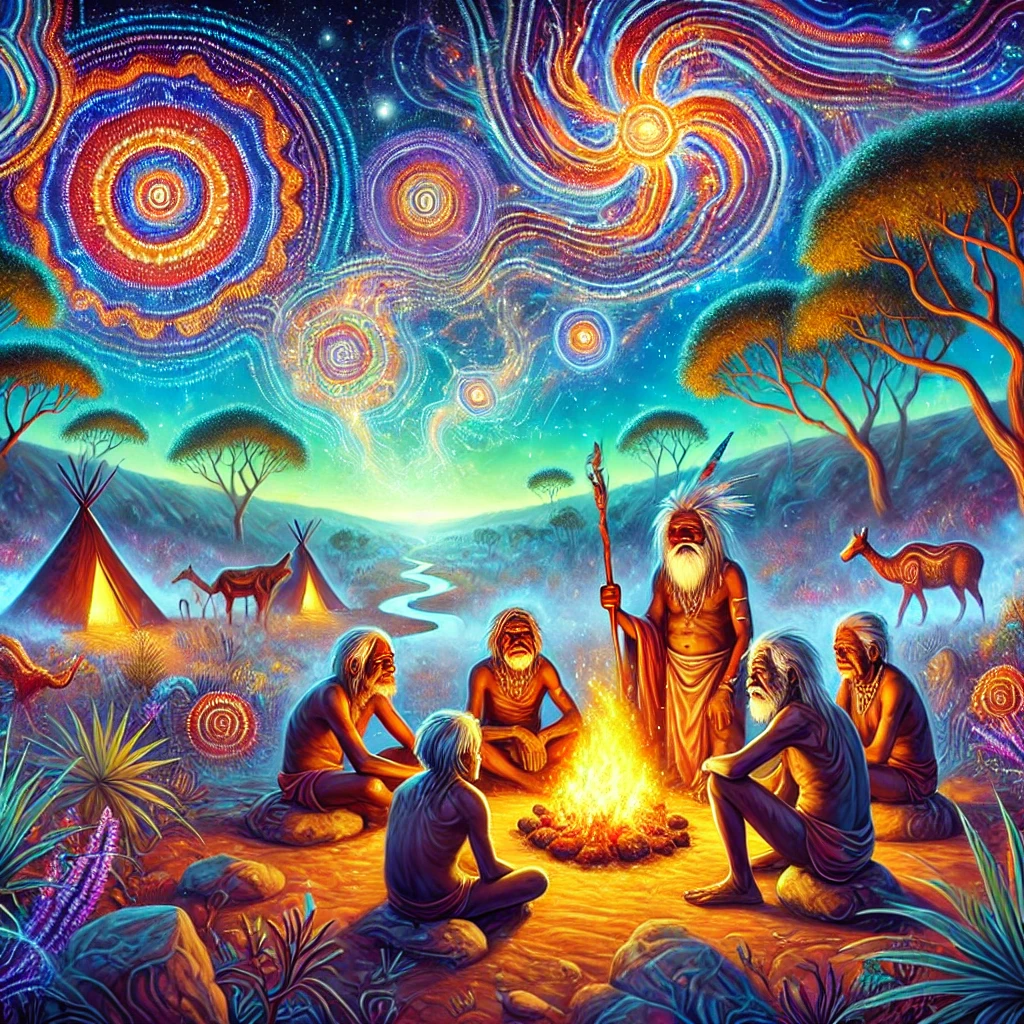
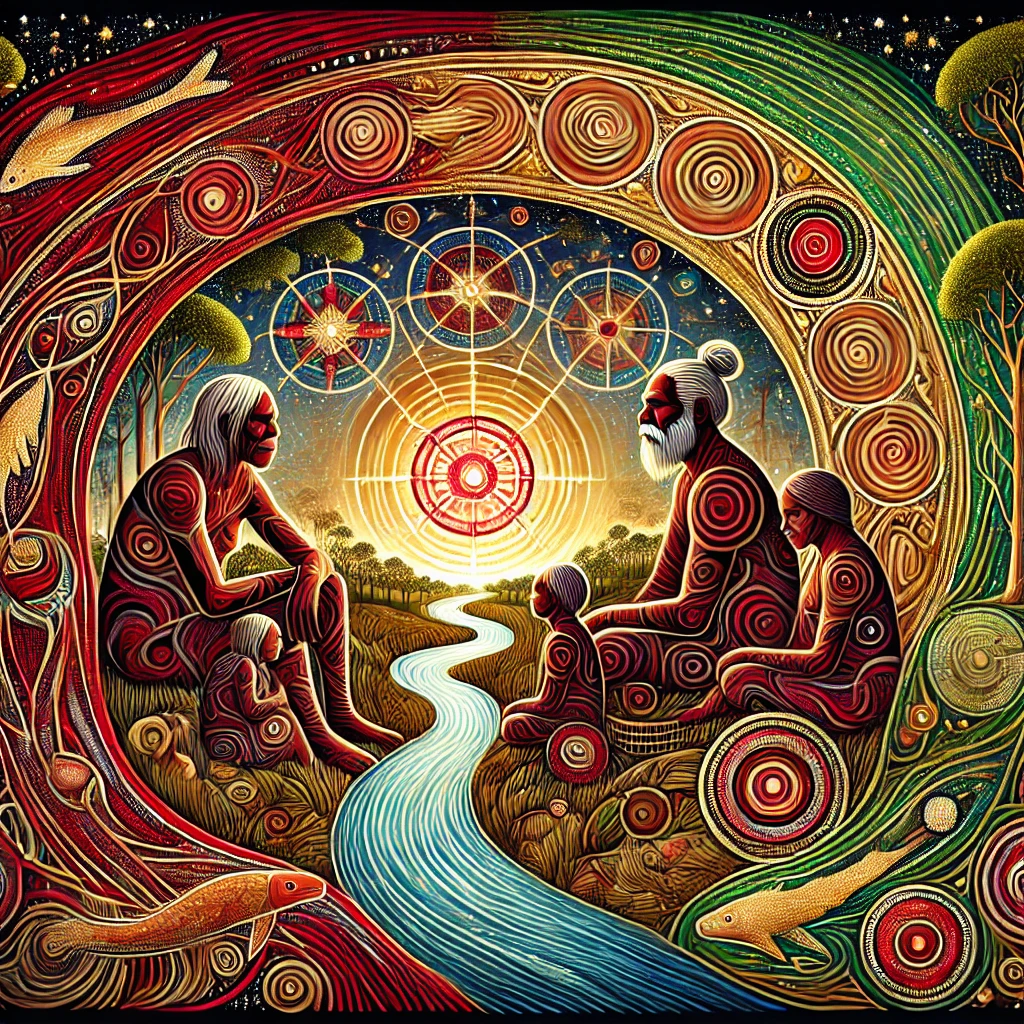
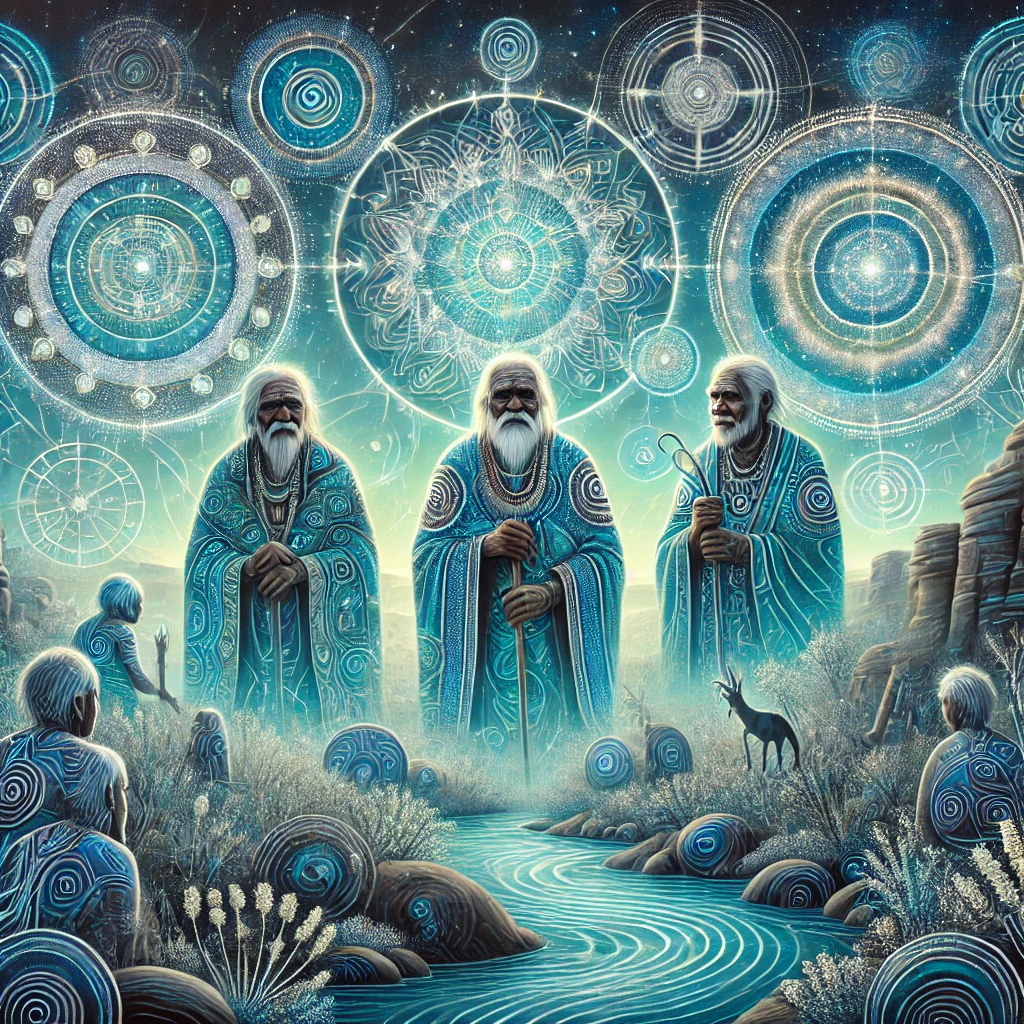
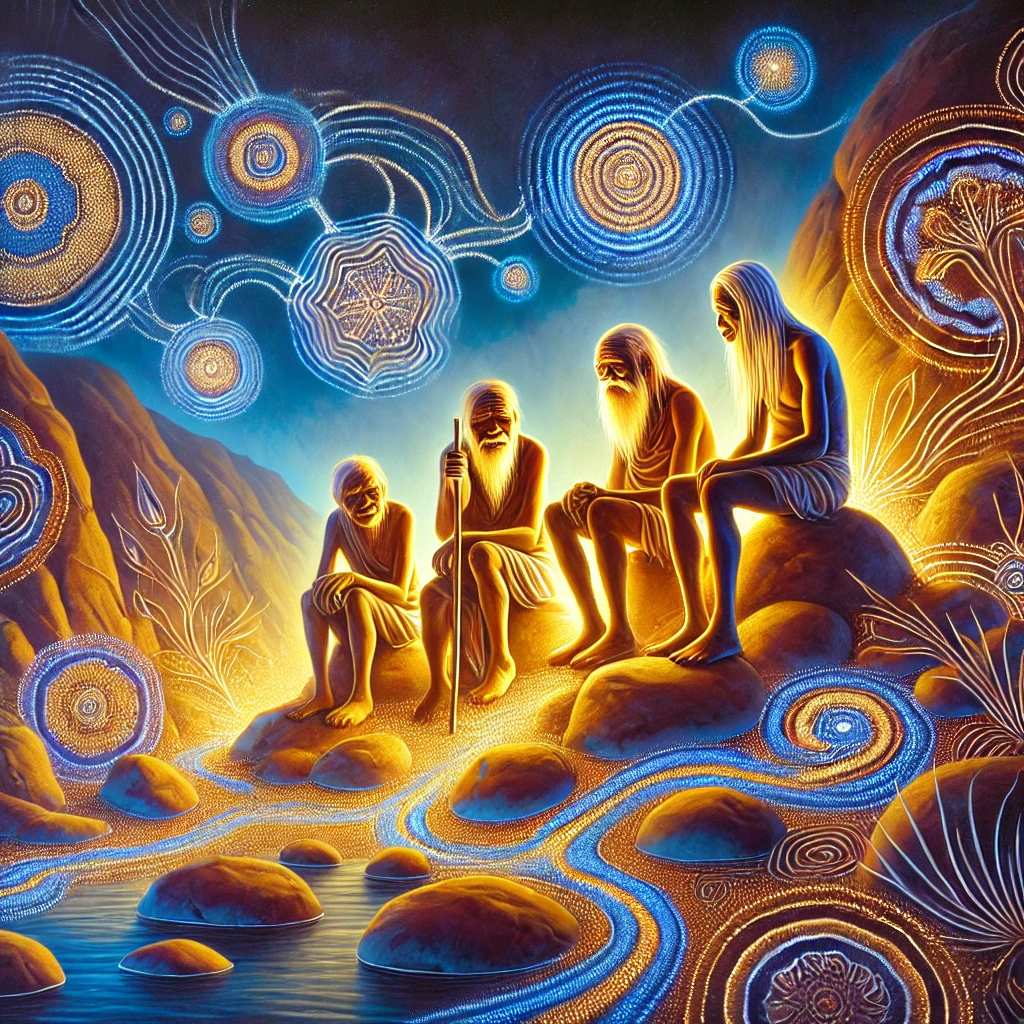
Understanding Elders in Aboriginal Folklore
Elders serve as the cornerstone of Aboriginal communities, embodying the collective wisdom and traditions of their people. Their role transcends age, focusing on the respect and recognition earned through leadership and knowledge.
Custodians of Knowledge
Elders preserve Indigenous knowledge, including language, spirituality, and healing practices. They ensure that traditions are maintained by teaching younger generations about the land and cultural ceremonies.
Cultural Leaders
As cultural leaders, Elders guide community decisions and uphold social norms. They mediate conflicts, facilitate ceremonies, and lead storytelling sessions that convey important cultural narratives.
Educators and Mentors
Elders educate youth by sharing stories and lessons that reinforce cultural identity. They mentor individuals, providing guidance on personal and communal responsibilities.
Guardians of Heritage
Elders protect and maintain sacred sites and artifacts. They oversee the proper conduct of rituals and the respectful treatment of cultural heritage, ensuring its integrity for future generations.
Facilitators of Spiritual Practices
Elders lead spiritual ceremonies and rituals, fostering a connection between the community and the spiritual realm. Their spiritual guidance supports the well-being and cohesion of the community.
Advocates for Community Well-being
Elders advocate for the needs of their community, addressing social issues and promoting health and education. They play a vital role in maintaining the stability and prosperity of their people.
Keepers of Storytelling Traditions
Through storytelling, Elders transmit moral lessons, historical events, and cultural myths. These stories reinforce communal values and provide a sense of identity and continuity.
Mediators and Problem Solvers
Elders act as mediators in disputes, using their experience and wisdom to resolve conflicts amicably. Their ability to navigate complex social dynamics ensures harmony within the community.
Promoters of Cultural Continuity
Elders ensure the ongoing practice of cultural rituals and the celebration of traditional festivals. Their active participation keeps the culture vibrant and relevant in contemporary society.
Inspirational Figures
Elders inspire respect and admiration through their dedication to preserving and enhancing their cultural heritage. Their leadership motivates others to uphold and cherish their traditions.
Recognition and Respect
Aboriginal Elders earn recognition through their contributions to the community’s cultural and intellectual life. The respect they receive is a testament to their pivotal role in sustaining Indigenous identity and heritage.
Roles and Responsibilities
Elders undertake various responsibilities that are essential for the community’s continuity and well-being.
- Cultural Guardians: Maintaining traditional wisdom, including language, spirituality, and storytelling.
- Community Leaders: Guiding decision-making processes and upholding social norms.
- Educators: Teaching younger generations about cultural practices and values.
- Spiritual Guides: Leading ceremonies and fostering spiritual connections.
- Mediators: Resolving conflicts and promoting harmony within the community.
Roles and Responsibilities
Elders play a crucial role in Aboriginal communities, fulfilling multiple essential functions that sustain cultural integrity and community wellbeing.
Knowledge Keepers
Elders preserve wisdom, culture, and history by sharing stories, teachings, and advice passed down through generations. They consult on community decisions, resolve conflicts, and plan ceremonies, ensuring that traditions remain intact and relevant.
Community Leaders
Elders lead community activities, including ceremonies and negotiations, addressing issues related to health, education, and employment. They engage with government bodies to advocate for community empowerment, fostering progress while maintaining cultural values.
Elders in Storytelling
Elders play a pivotal role in preserving and transmitting Aboriginal folklore through storytelling.
Preserving Oral Traditions
Elders safeguard oral traditions by recounting ancestral stories that embody cultural values and history. They maintain the integrity of these narratives, ensuring that each tale reflects authentic Aboriginal beliefs and practices. By regularly sharing these stories during gatherings and ceremonies, Elders keep the oral heritage alive for future generations.
Teaching Younger Generations
Elders educate younger members by using stories as teaching tools. These narratives convey important lessons about community roles, ethical behaviour, and spiritual beliefs. Through interactive storytelling sessions, Elders engage the youth, fostering a deep understanding and appreciation of their cultural identity.
Cultural Significance
Elders play a pivotal role in maintaining the cultural fabric of Aboriginal communities. Their contributions ensure the preservation and transmission of traditions, languages, and ancestral knowledge.
Spiritual Guidance
Elders provide essential spiritual leadership within the community. They conduct ceremonies, interpret spiritual beliefs, and offer guidance on ethical and moral issues. By safeguarding sacred practices, Elders help individuals navigate their spiritual journeys, fostering a deep connection to their heritage and the natural world.
Social Cohesion
Elders act as the cornerstone of social unity. They mediate conflicts, advise on community decisions, and mentor younger members. Through storytelling, songs, and communal activities, Elders reinforce social norms and collective identity. Their leadership promotes harmony and resilience, ensuring the community remains strong and interconnected.
Contemporary Issues
Challenges Faced by Elders
Elders encounter several challenges that impact their ability to maintain cultural practices. Health Concerns often limit their participation in community activities. Intergenerational Gaps can lead to misunderstandings between Elders and younger members. Urbanization forces many Elders to relocate, distancing them from traditional lands and practices. Additionally, language Loss threatens the transmission of Aboriginal languages, as fewer young people become fluent. Economic Pressures also restrict resources available for cultural preservation initiatives.
Preserving Heritage Today
Efforts to preserve heritage focus on several key areas. Language Revitalization Programs actively teach Aboriginal languages in schools and community centers. Cultural Workshops provide Elders with platforms to share stories, songs, and traditional crafts with younger generations. Digital Archiving captures oral histories and cultural practices, ensuring they remain accessible for future study. Community Engagement initiatives encourage participation in cultural ceremonies and festivals, reinforcing identities. Government Support through funding and policies aids in sustaining these preservation efforts, enabling Elders to continue their vital roles within Aboriginal communities.
Key Takeaways
- Custodians of Culture: Elders preserve and transmit Aboriginal traditions, languages, and spiritual practices, ensuring cultural continuity across generations.
- Community Leaders and Mediators: They guide community decisions, uphold social norms, and resolve conflicts, fostering harmony and unity within their communities.
- Educators and Storytellers: Through storytelling and mentoring, Elders educate younger generations about their heritage, reinforcing cultural identity and values.
- Spiritual Guides: Elders lead ceremonies and rituals, providing essential spiritual leadership that strengthens the community’s connection to their beliefs and the natural world.
- Advocates for Preservation: Facing contemporary challenges, Elders champion efforts to revitalise languages and cultural practices, safeguarding Aboriginal heritage for the future.
Conclusion
Elders hold a central place in Aboriginal communities, embodying the heart of cultural heritage. Their dedication ensures that traditions and stories remain vibrant and meaningful for future generations. I deeply respect how they blend wisdom with leadership, guiding their communities through both challenges and celebrations.
Witnessing the resilience and commitment of Elders inspires me to appreciate the rich tapestry of Aboriginal folklore. Their role is indispensable in fostering a strong sense of identity and continuity. Supporting and honouring Elders means preserving the invaluable legacy they uphold, ensuring that Aboriginal cultures continue to thrive and enrich our shared heritage.
Frequently Asked Questions
What is the role of Elders in Aboriginal folklore?
Elders in Aboriginal folklore serve as keepers of tradition and cultural identity. They are storytellers, spiritual leaders, and pillars of knowledge responsible for passing down stories, customs, and wisdom through generations. Elders preserve Indigenous knowledge, including language, spirituality, and healing practices, ensuring the continuity of cultural heritage within their communities.
How do Elders preserve Aboriginal traditions?
Elders preserve Aboriginal traditions by sharing ancestral stories, conducting spiritual ceremonies, and safeguarding sacred sites and artifacts. They educate younger generations through interactive storytelling, reinforcing cultural identity and teaching important community roles, ethical behaviour, and spiritual beliefs. This active transmission of knowledge ensures that traditional practices remain intact and relevant.
What challenges do Aboriginal Elders face today?
Aboriginal Elders face several contemporary challenges, including health concerns that limit their participation, intergenerational gaps leading to misunderstandings, urbanisation distancing them from traditional lands, language loss threatening the transmission of Aboriginal languages, and economic pressures restricting resources for cultural preservation. Efforts such as language revitalisation programmes and digital archiving are underway to address these issues.
How do Elders contribute to community decision-making?
Elders contribute to community decision-making by providing wisdom and guidance based on their extensive knowledge and experience. They consult on important issues, resolve conflicts, and help plan ceremonies, ensuring that decisions respect and uphold traditional values. Their role as mediators and advisors fosters social cohesion and maintains the community’s cultural integrity.
In what ways do Elders act as spiritual leaders?
Elders act as spiritual leaders by conducting ceremonies, interpreting spiritual beliefs, and providing guidance on spiritual matters. They help individuals navigate their spiritual journeys, fostering a connection to heritage and the natural world. Through their leadership, Elders ensure that spiritual practices and beliefs are maintained and passed down within the community.
Why are Elders important for preserving Aboriginal languages?
Elders are crucial for preserving Aboriginal languages as they are the primary custodians of linguistic knowledge. By teaching and using traditional languages in storytelling and daily interactions, Elders ensure that these languages are maintained and transmitted to younger generations. This preservation is vital for sustaining cultural identity and heritage.
How do Elders support the well-being of Aboriginal communities?
Elders support the well-being of Aboriginal communities by addressing issues related to health, education, and employment. They lead community activities, advocate for community empowerment, and engage with government bodies to secure resources. By mentoring younger members and promoting social norms, Elders foster resilience and harmony within the community.
What initiatives help sustain the role of Elders in Aboriginal communities?
Several initiatives help sustain the role of Elders, including language revitalisation programmes, cultural workshops, digital archiving of oral histories, and community engagement projects. Government support and funding are also essential in providing resources for these efforts, ensuring that Elders can continue their vital work in preserving and transmitting Aboriginal culture.
How do Elders mediate conflicts within Aboriginal communities?
Elders mediate conflicts by using their wisdom and understanding of traditional values to resolve disputes. Their respected status and experience enable them to facilitate dialogue, promote reconciliation, and uphold social harmony. This mediation ensures that conflicts are addressed in ways that align with cultural norms and communal well-being.
What is the significance of storytelling in the role of Aboriginal Elders?
Storytelling is a fundamental aspect of the role of Aboriginal Elders. Through stories, Elders transmit moral lessons, cultural myths, and ancestral knowledge, reinforcing community values and identity. Storytelling sessions engage the youth, fostering a deep appreciation and understanding of their heritage, and ensuring that oral traditions are preserved for future generations.
Author

Josh Morley holds a Bachelor’s degree in Theology from the Trinity School of Theology and a Diploma in Theology from the Bible College of Wales. His academic journey involved interfaith community projects and supporting international students, experiences that shaped his leadership and reflective skills. Now based in Liverpool, Josh is also the founder of Marketing the Change, a digital agency specializing in web design and marketing.
View all posts

